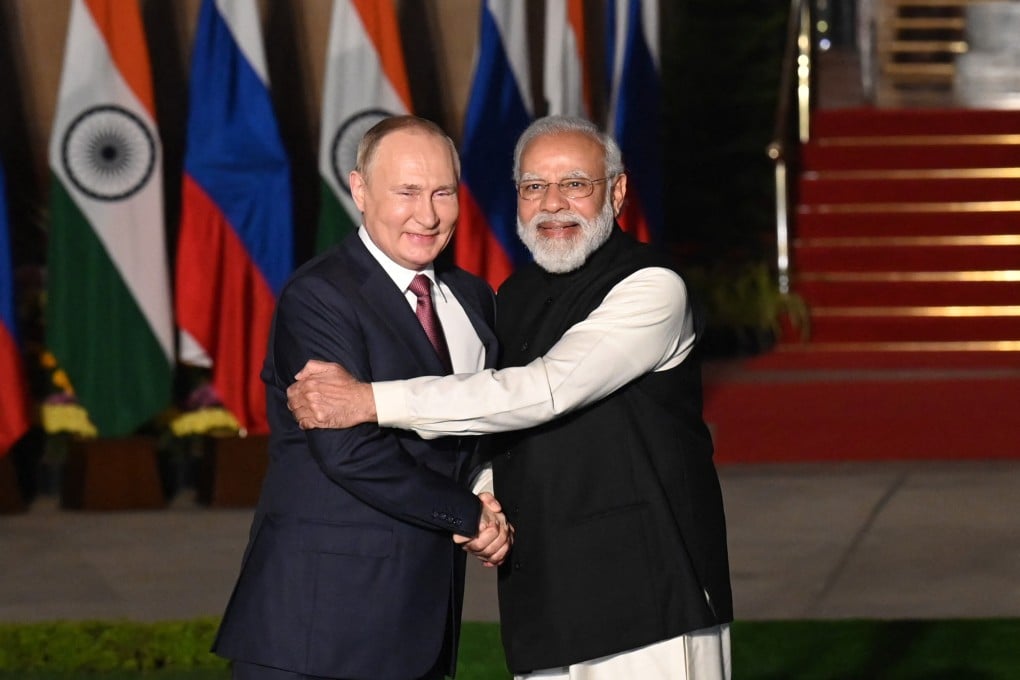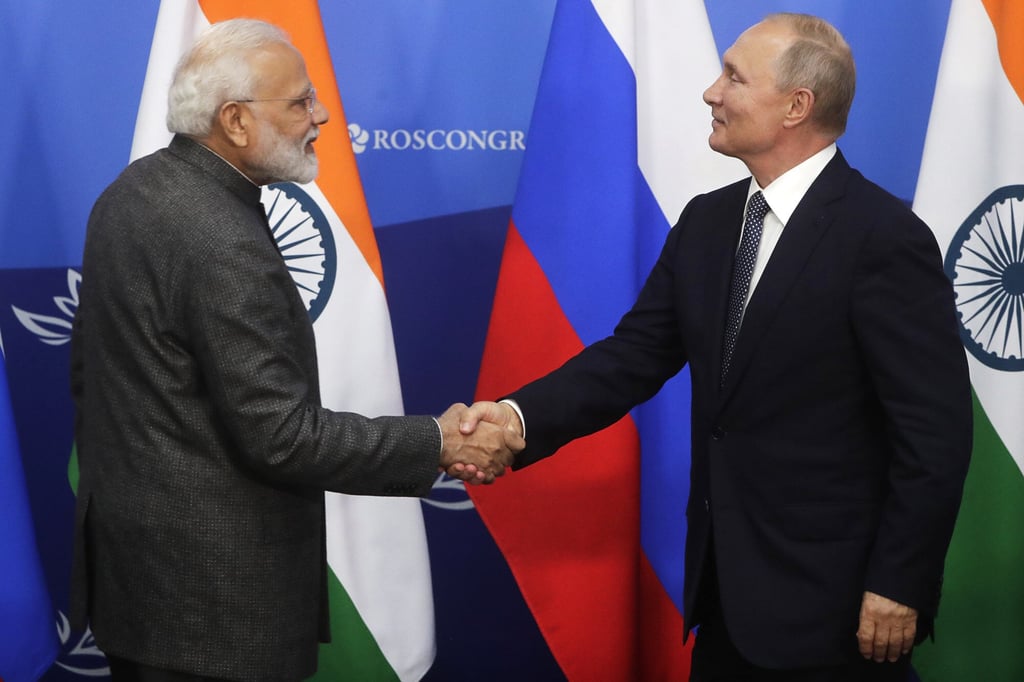As Russia wages war on Ukraine, how long can India stay above the fray?
- India’s strategic and military reliance on Russia means it is unlikely to change its stance, say analysts – unless something drastic happens on the ground
- Delhi must weigh its options carefully, or else it faces the risk of potentially antagonising the West and pushing Russia closer to China


India has also sent humanitarian supplies such as medicines, medical equipment and other relief materials to Ukraine and neighbouring countries. But across the world, India’s partners and observers are arguing that the South Asian giant’s “fence sitting” by refusing to condemn Moscow’s invasion could cause long-lasting damage to its reputation and Modi’s stated intentions of positioning India as a global leader.
Shashi Tharoor, a former UN undersecretary-general and former Indian Minister of State for External Affairs, said India had found itself in an “unenviable position”.
“The conflict in Ukraine … poses a fundamental challenge to India’s traditional strategy of non-alignment. The country now finds itself between a rock and a hard place, potentially antagonising the West while still losing Russia to China’s embrace,” he wrote this week in a commentary published by non-profit media group Project Syndicate.